Senior Triya Gudipati: Hi, West!
Senior Will Gonsior: Welcome to Senioritis, where we do a lot of reminiscing.
Gudipati: And when we’re not reminiscing, we dive into the ups and downs of our senior year.
Gonsior: I’m Will,
Gudipati: And I’m Triya. We’d like to give a shout out to Serena Liu and Sakenah Lajkem, who made the very first Senioritis podcast last year. We follow in the footsteps of giants.
Gonsior: On today’s episode, we’ll talk about our high school journey and how we got to where we are today.
[Music]
Gonsior: Triya, can you tell us more about some of the challenges and changes that have come along the way for you over these past few years?
Gudipati: Yeah, absolutely. I think starting off freshman year, I was involved in a lot of sports and I ended up getting hurt pretty bad in terms of like my fourth concussion. And so, that definitely impacted my freshman year. And, you know, just how I got myself involved in other activities and how I learned to study and develop those habits pretty early on. I think it gave me a significant step back looking into sophomore year when I had to develop all those habits that people normally were used to by the second semester of their first year. But honestly, I think it just helped me realize that if I really want something, I have to work as hard as I have to to get it, no matter what’s happening, no matter what extenuating circumstances are. But I think that’s probably the biggest one.
Gonsior: Pause a moment, your study habits used to be worse?
Gudipati: Oh yeah, so much worse. The senioritis, pun intentional, only started really hitting me second semester last year, but it was really, really bad my freshman year. Honestly, I think that kind of goes into the tie of like when you go through elementary and middle school and things tend to be a little bit easier for you, you don’t really develop those habits of, like, sitting down for an hour and studying for a test. And I definitely felt that my freshman year when I couldn’t just rely on my smarts and I was going through other stuff, finding a way to build those habits in a way that worked with my schedule, in a way that worked with how my brain operates was really, really important to succeed in any class. What sort of changes did you observe, like from freshman year, sophomore or junior now, or like the biggest transitions for you?
Gonsior: It started to be that I just wasn’t grasping concepts quite as quickly, especially in [Patrick] TroyŌĆÖs class, Honors Algebra 2 with Trig; you have to be able to actually find a way to memorize things, find a way to get things to stick, instead of relying upon your ability to figure them out or know them when it comes down to the tests.
[Music]
If you had a conversation with your freshman self, what would each of you say? I don’t want, I don’t just want this to be, what would you tell your freshman self? I want to hear what would come back from the other end, too.
Gudipati: I think the first thing I would tell like freshman year Triya is, you’re going to think that where you want to go to school and your dream job and all of that isn’t going to change. And I really hate to break it to you, but it does. And I don’t think I would believe myself, honestly, just because I was so set in what I wanted to do, where I want to go to school, how the rest of my life was going to work out.
Gonsior: You are the only person for whom that would be a ŌĆ£hate to break it to you, but your plans are going to change.ŌĆØ
Gudipati: Look, like the moment in which I had kind of understood that my dream school wasn’t the best fit for me, it was just like a full wave of dread and sadness and confusion and guilt. Just because I’d spent seven or eight years up to that point, just knowing that that’s where I want to go to school. And it’s I think it was definitely a learning curve for me to be like, things change. Things change for the better. That’s okay. Did you go to high school knowing what you want to do with the rest of your life?
Gonsior: That is still a decision that hasn’t been fully made yet.
Gudipati: He still has concepts of a plan, you guys.
Gonsior: Concepts of a plan, but, I think that’s really all I need for the moment.
Gudipati: Yeah, I think that’s great. I think that that’s the entire purpose of high school. Like I know a lot of people, myself included, came into these four years thinking, you know, this is the grind time. Like, if you do everything, you can, make your college application the best it can be, and your sole focus should be getting into a place that’s like the most prestigious.┬Ā
Gonsior: Somebody forgot to tell me.
Gudipati: I think it was a learning curve for all of us. I think a lot of us kind of have to realize that, you know, this experience of ninth grade, 10th grade, 11th grade, 12th grade was mostly about us finding ourselves, finding our character, finding properties of other people that we get along with, that we don’t get along with, and how we study, how we work, where we thrive, where we stress, all that stuff. And I think that understanding that that’s the true purpose of being in a school like this, in trying out all the new extracurriculars you do completely shifts your mindset into one that’s going to have better impacts and more benefits for people in the future.
Gonsior: I wasn’t approaching it from the angle of, this has to be the most important, like, nose to the grindstone four years of your life. But, even then, I think it was more like high school is something that you’re going to get through on the way to other things.
Gudipati: I agree.
Gonsior: And that, it turned into what you describe. This is kind of when you start to find yourself and start to develop your own identity.
[Music]
Gonsior: That’s ŌĆ£One Day They Won’tŌĆØ by Adam and Baylie Wainwright, and it is very much a song about this transition of moving on from what you’ve known for 17, 18 years of your life. Triya, I know weŌĆÖve both decided that we kind of arenŌĆÖt thinking about that this year, but if you were to take a moment to just come to terms with that, what would you feel?┬Ā
Gudipati: I think it would definitely be bittersweet. Like, I was talking about this with one of my sophomore friends in the car yesterday; I was also talking to my dad about this yesterday, too. I think it’s inevitable that all of us have to leave at some point. And I think that it is going to be really growthful and beneficial for us to get a new lens on life and see how everything works when you’re not under the wings of your family and your teachers and this building. But, I also think leaving the only home you’ve ever known, leaving all the friends and the relationships you’ve built up and just being dropped somewhere completely new is scary. It’s terrifying. You don’t really want to do it, but, I mean, youŌĆÖve just got to bite the bullet, I guess, get it done and, I mean, enjoy the time we have left. I’ve been telling all my friends; I tell them all the time, it’s six months till we both move out and we’re gone and we’re no longer part of the speech and debate team here at Parkway West. And, I guess, just enjoy what we really have, debate or perform or write like it’s your last time youŌĆÖre going to be able to do it because once it really will.
Gonsior: ItŌĆÖs hard. I really love it here. IŌĆÖm going to miss our teachers. I’m going to miss the ability to do the things that I have loved doing over the past few years. IŌĆÖm going to miss my family a lot.
Gudipati: You’re going to miss the ability to make fun of me for never showing up to class.
Gonsior: I just do that because I enjoy having classes with you.
Gudipati: I know, I know.
Gonsior: That’s what I’m going to miss. ThereŌĆÖs much to look forward to, but it’s going to feel like a different life. That’s all for Seniorits today. I’m Will.
Gudipati: And IŌĆÖm Triya.
Gonsior: Thank you for tuning in.
Gudipati: Peace out, P-West!
[Music]
Music credit: “One Day They Won’t” by Adam Wainwright. Permission granted by Wainwright.



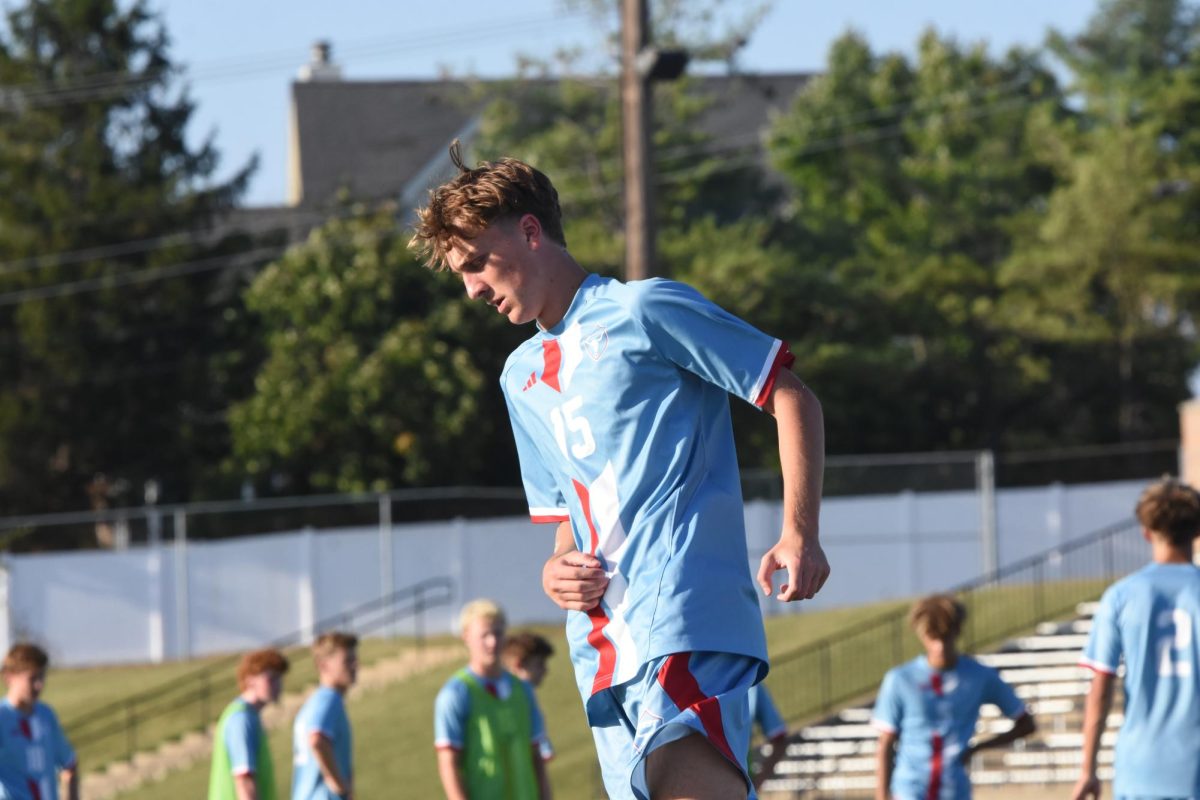
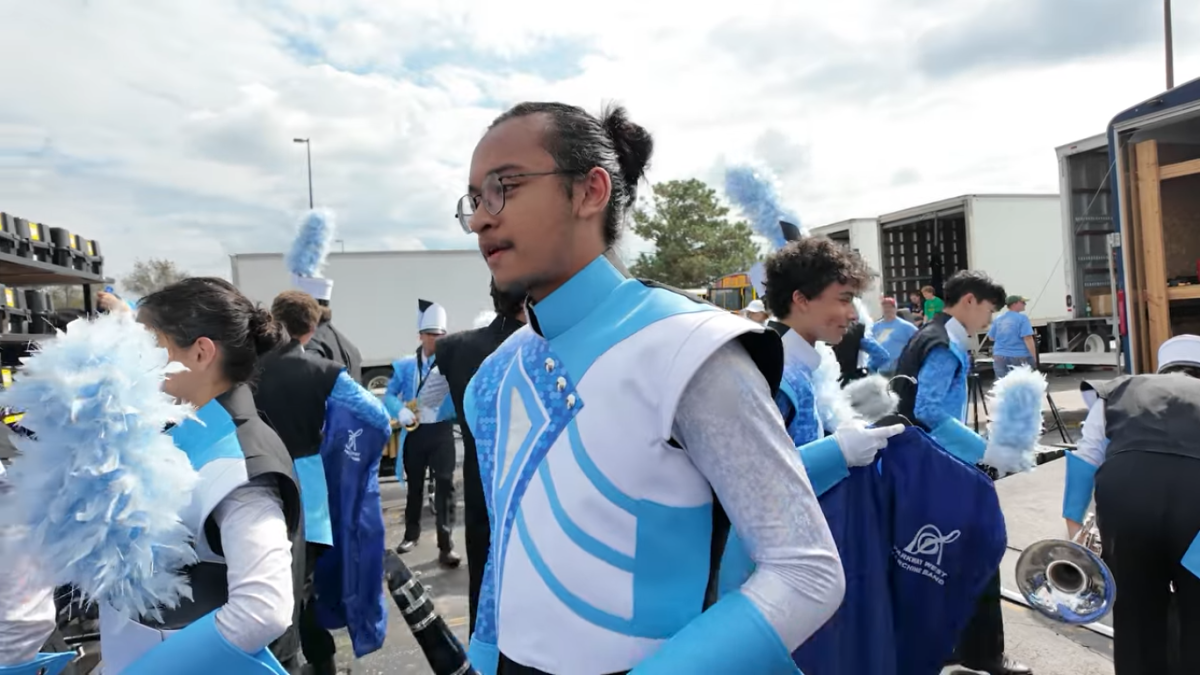
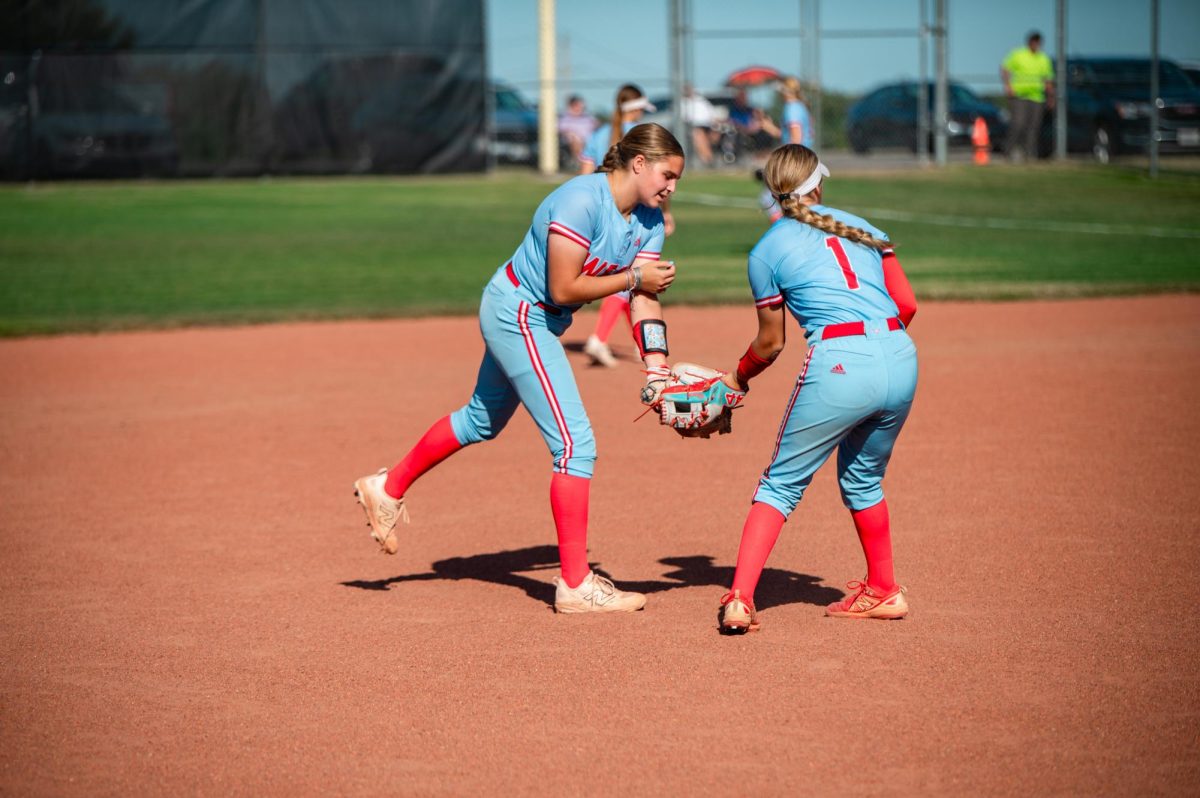
![Standing in front of the camera and next to Fox 2 News' Ty Hawkins, senior and varsity football player JaMont Brooks represents the varsity football team. As captain and outside linebacker, Brooks was one of four students selected to be interviewed live for the broadcast. ŌĆ£Overall, it was just a crazy experience being on the news. Even when I get older, IŌĆÖll tell my kids or grandkids I was on the news. My mom sent me a picture of me on the news [saying] ŌĆśOh my gosh, thatŌĆÖs my son.ŌĆÖ The Parkway West community felt amazing this morning. Everybody showed up at 6 [a.m.] and [will] show up 6 [p.m.] tonight too. Any time I go into a game, I go up there with the mentality that weŌĆÖre going to try our best, and even the times we struggle, [IŌĆÖll] keep my head up,ŌĆØ Brooks said.](https://pwestpathfinder.com/wp-content/uploads/2025/10/DSC8122-Enhanced-NR-1200x799.jpg)
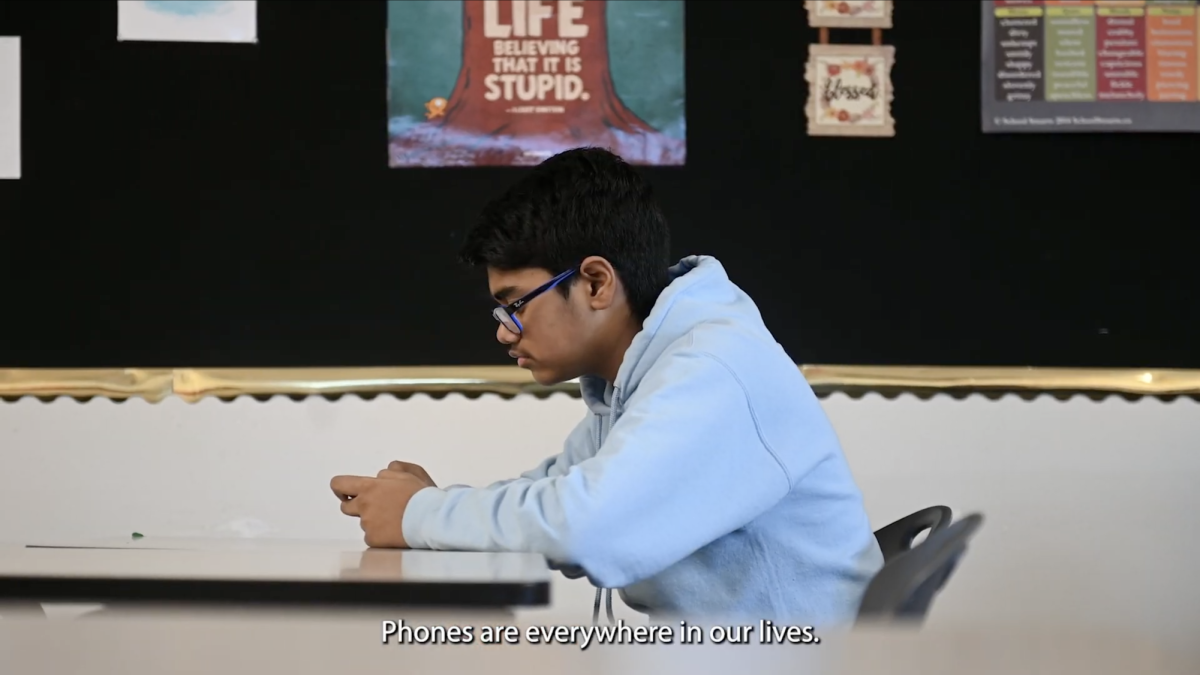
![Blue lights shining brightly, senior Riley Creely beatboxes into the microphone. Creely and the group began the performance in front of the blue lights, sparking interest from the audience. ŌĆ£The pep rally performance was fun. I got to beatbox for the first half of the song, which was hype. I liked to look into the student section [while I performed],ŌĆØ Creely said.](https://pwestpathfinder.com/wp-content/uploads/2025/09/DSC_5085-Enhanced-NR-1200x799.jpg)

![Leaping through the air, senior Tyler Watts celebrates his first goal of the season, which put the Longhorns up 1-0 against the Lafayette Lancers. Watts decided to play soccer for West for his last year of high school and secured a spot on the varsity roster. ŌĆ£[Playing soccer for West] is something I had always dreamed of, but hadnŌĆÖt really had a good opportunity to do until now. ItŌĆÖs [really] fun being out [on the field], and IŌĆÖm glad I decided to join the team. ItŌĆÖs just all about having fun with the boys and enjoying what time we have left together,ŌĆØ Watts said.](https://pwestpathfinder.com/wp-content/uploads/2025/09/DSC_1951-1200x855.jpg)
![Sophomore Natalie House pitches the ball during an intrasquad scrimmage for Red and Blue Night on Aug. 22. House played catcher for the varsity softball team. ŌĆ£I started [playing] softball when I was five. My brother played baseball, and I wanted to start sports like him. Scrimmaging against our own team is always kind of difficult because we all know each other's [weaknesses],ŌĆØ House said.](https://pwestpathfinder.com/wp-content/uploads/2025/09/DSC7191-1-1-1200x844.jpg)
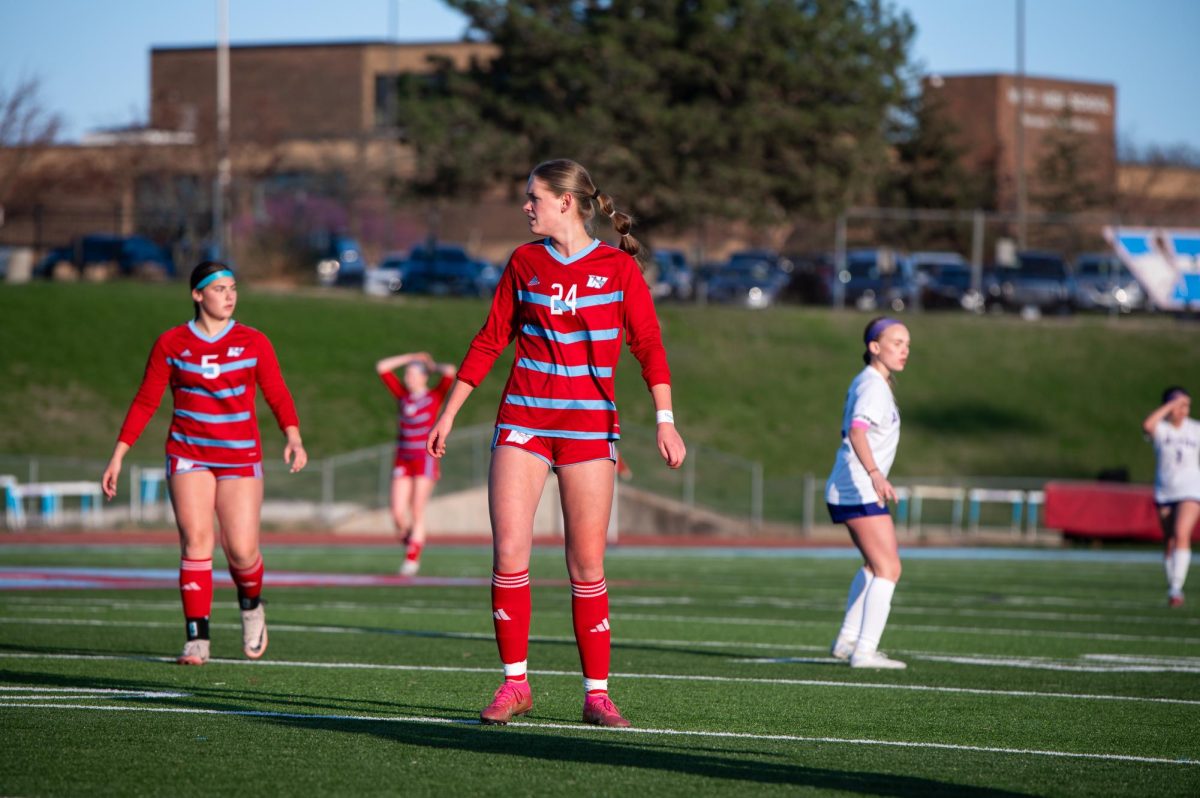

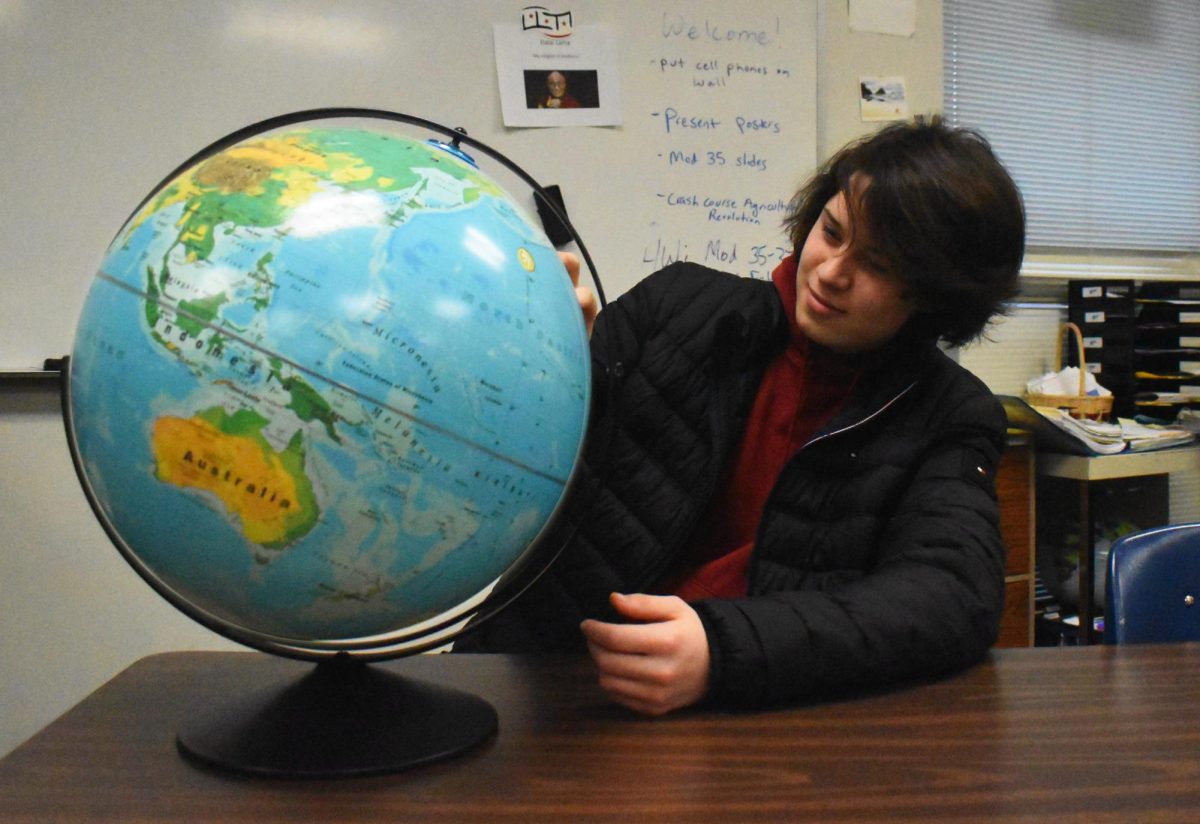

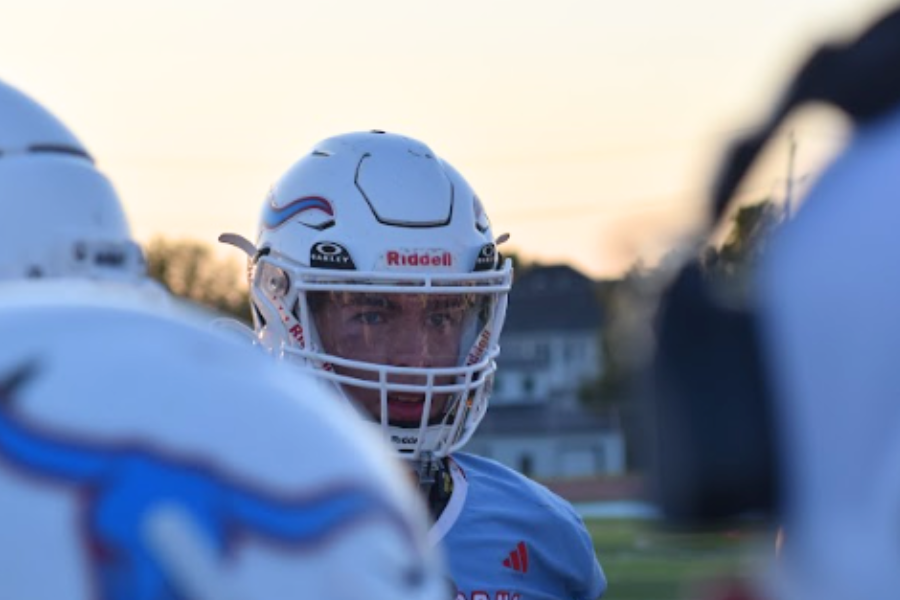


![In perfect shooting form and with eyes on the rim, junior Tyler Kuehl is about to shoot his next basket in the last game of the season against Marquette High School. Kuehl has been playing basketball since he was 5. ŌĆ£Even though I played basketball all my life, the game-winning shots can be pressure, it's confidence. If you're going into that shot and not thinking that you're gonna make it, it's obviously not going in. And if you believe, [it will]. That's the only way you can succeed,ŌĆØ Kuehl said.](https://pwestpathfinder.com/wp-content/uploads/2024/01/unnamed-32-1-1200x1200.png)

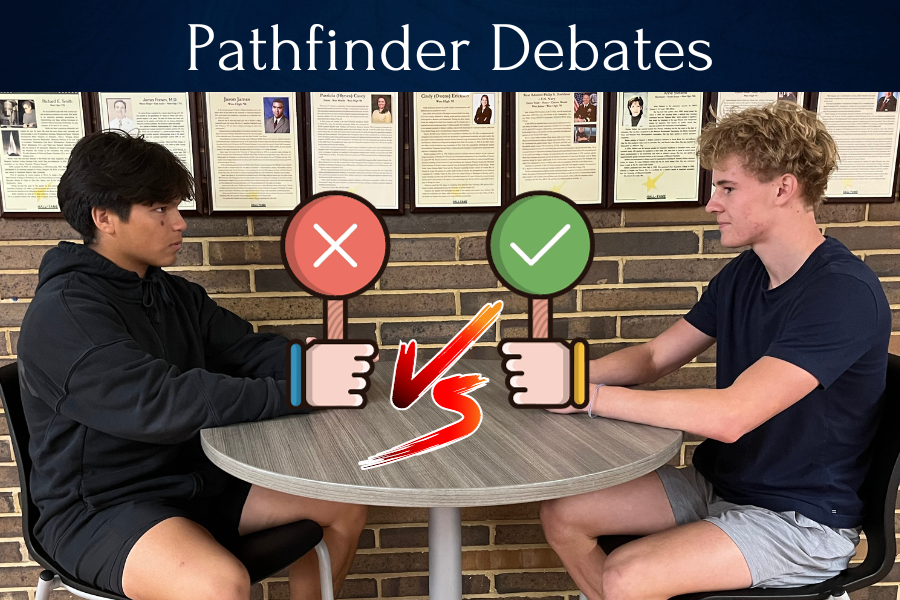


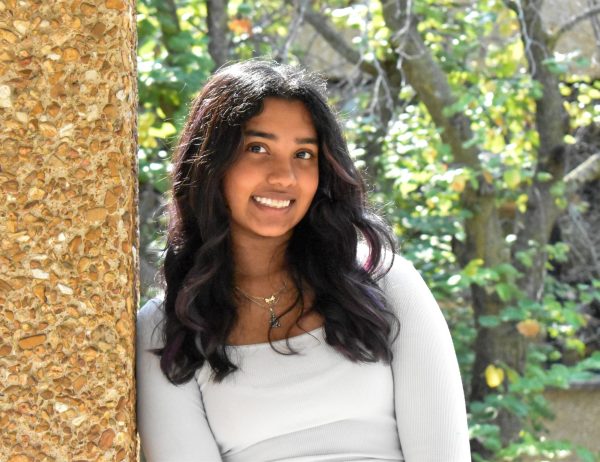
Serena Liu • Jan 26, 2025 at 5:22 pm
This is so good guys! You two are much more insightful than I ever was.
Emily Early • Jan 24, 2025 at 10:02 pm
love the return of senioritis !!! so well said, you two ¤Öé
Alisha Yin • Jan 23, 2025 at 9:12 pm
awww this is so bittersweet
triya • Jan 24, 2025 at 7:29 am
<3